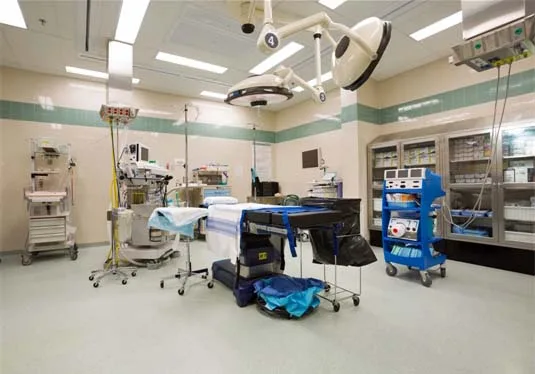
The healthcare industry relies heavily on uninterrupted power to sustain life-saving operations and ensure patient safety. Diesel generators play a critical role in hospitals and medical facilities by providing reliable backup power during outages, safeguarding vital systems, and maintaining essential healthcare services.
Importance of Backup Power in Healthcare
Hospitals are the backbone of communities, serving both during crises and for routine healthcare needs. Power outages—caused by storms, blackouts, or unforeseen circumstances—pose significant risks. Critical systems like life support machines, ventilators, and surgical equipment require uninterrupted power to prevent life-threatening situations. Diesel generators ensure that hospitals can maintain operations without interruption, providing peace of mind to patients and medical staff alike.
Types of Generators in Hospitals
Two primary types of generators are commonly used in healthcare facilities:
- Natural Gas Generators
- Pros: Easy to maintain and suitable for long-term use.
- Cons: Many utility companies do not classify them as reliable emergency power sources. They require regular maintenance and access to a steady gas supply.
- Diesel Generators
- Pros: Known for their reliability and efficiency. A full tank of diesel fuel can power an entire hospital for approximately eight hours, with extended durations possible depending on fuel storage capacity.
- Cons: Require regular refueling and periodic maintenance to ensure optimal performance.
Advantages of Diesel Generators for Healthcare
- Reliable Performance: Diesel generators are robust and capable of delivering consistent power, making them ideal for critical applications.
- Extended Backup Power: With sufficient fuel reserves, diesel generators can maintain power for 24 hours or more, ensuring hospitals remain operational during prolonged outages.
- Safety Assurance: The availability of backup power minimizes disruptions to life-saving equipment and medical procedures.
Broader Implications of Power Outages
Beyond healthcare, power outages can lead to significant challenges, such as:
- Loss of Communications: Cordless phones and communication systems may fail, hindering emergency response efforts.
- Data Loss: Healthcare data, including patient records, can be permanently lost if servers are not backed up adequately.
- Operational Interruptions: In industries like banking and retail, power failures can disrupt critical operations, compounding the impact of outages.
Conclusion
The role of diesel generators in the healthcare industry is indispensable. They provide a reliable and robust solution to maintain critical hospital functions, safeguard patient safety, and mitigate the risks associated with power outages. For hospitals and other essential services, investing in high-quality diesel generator systems ensures preparedness for the unexpected, protecting lives and maintaining community trust.